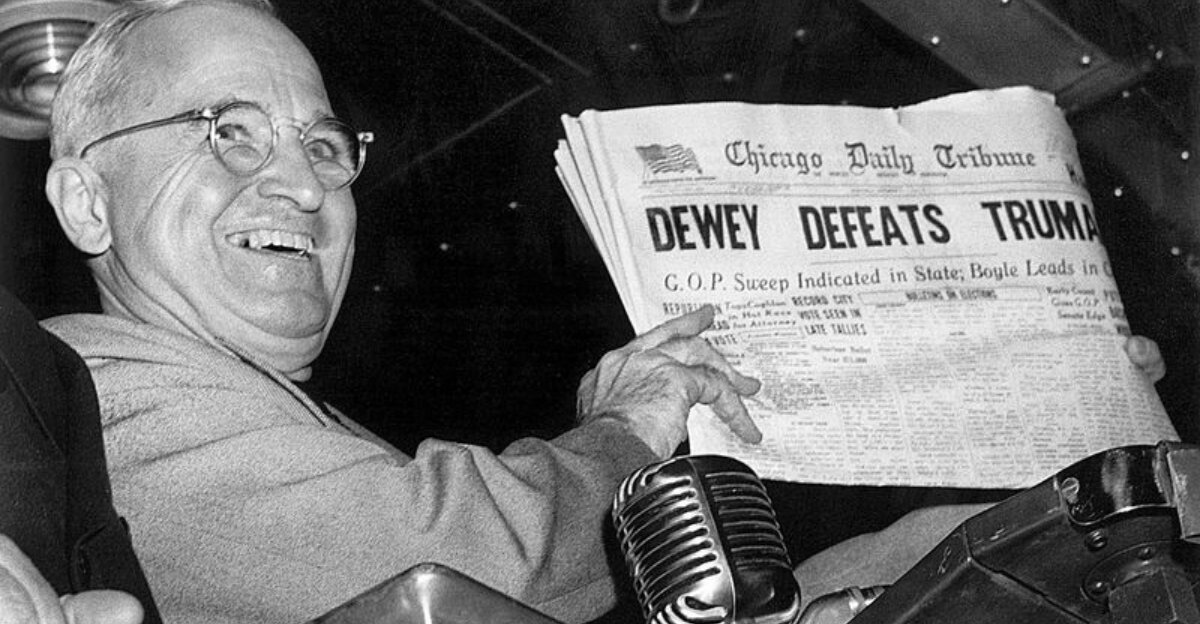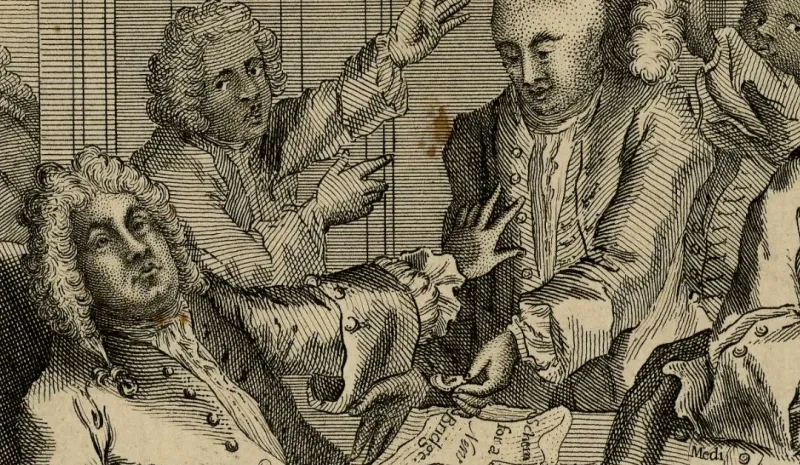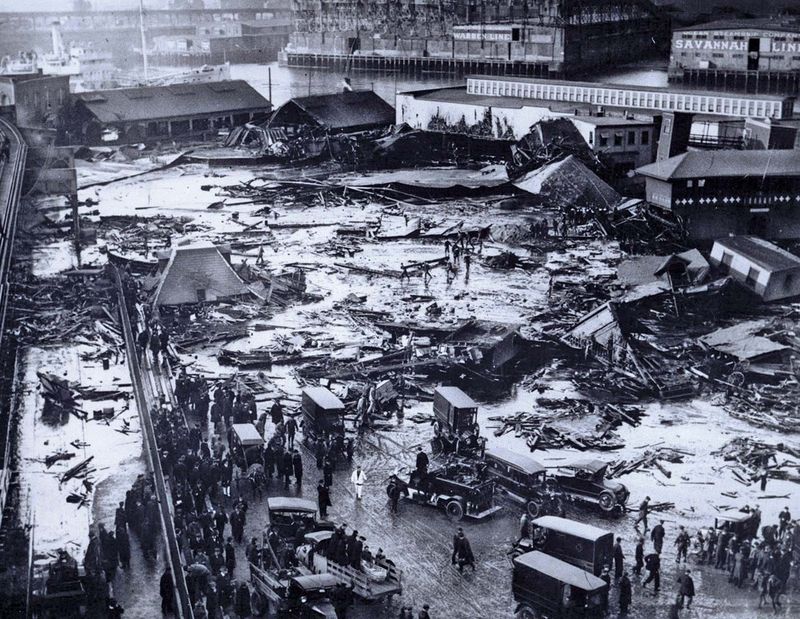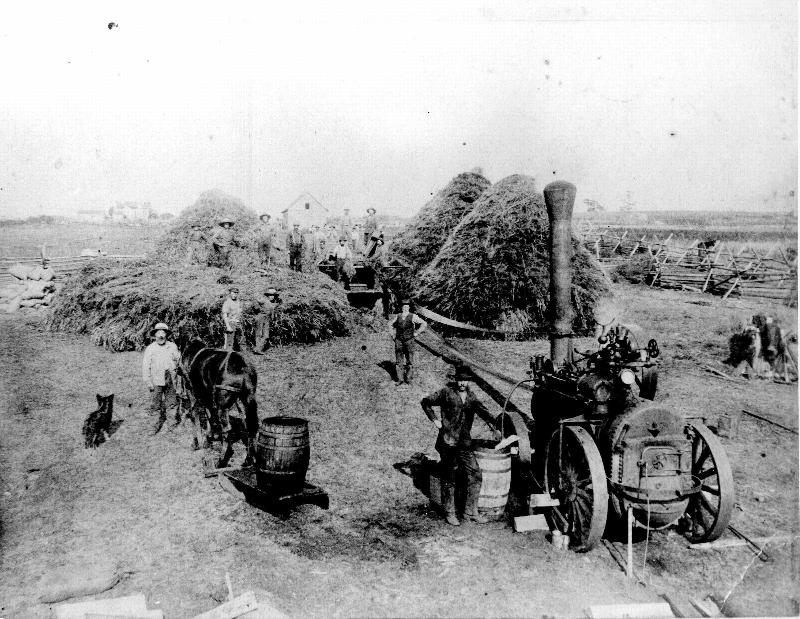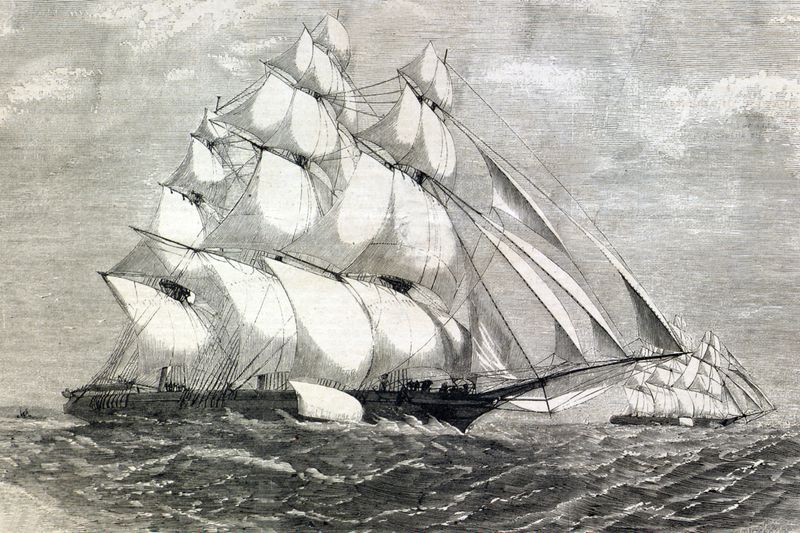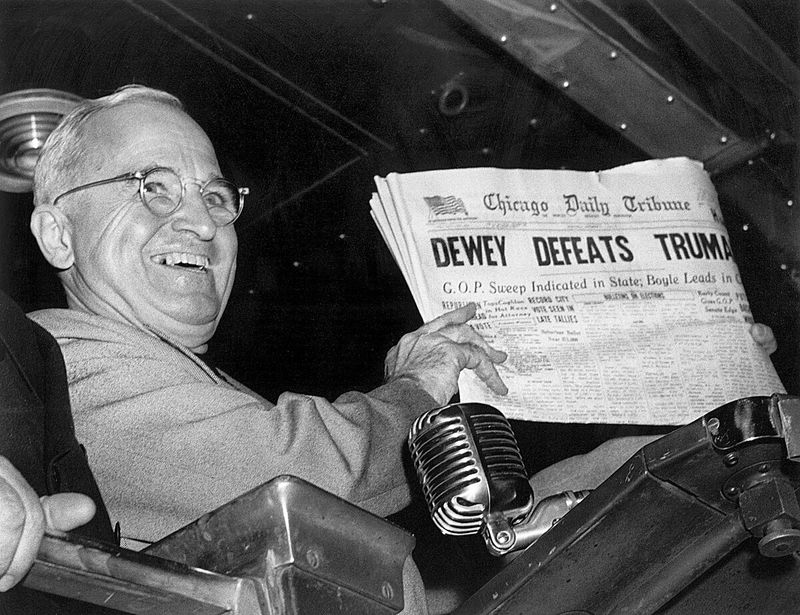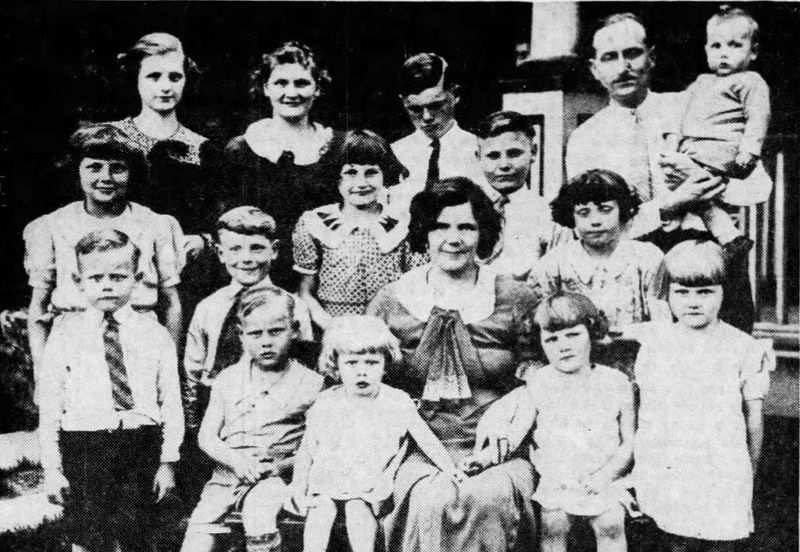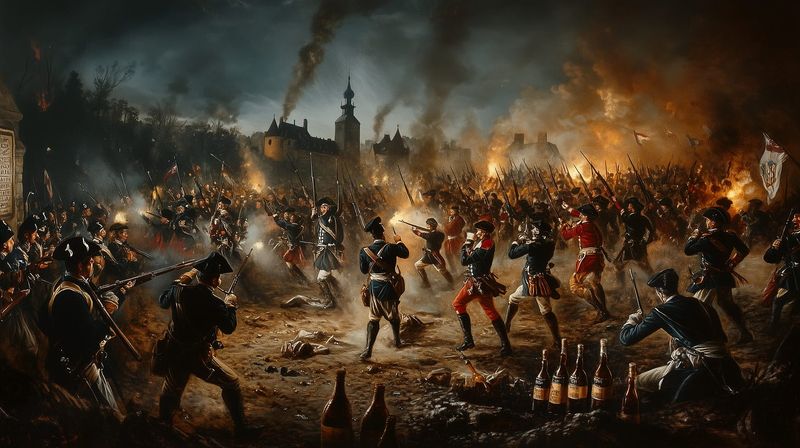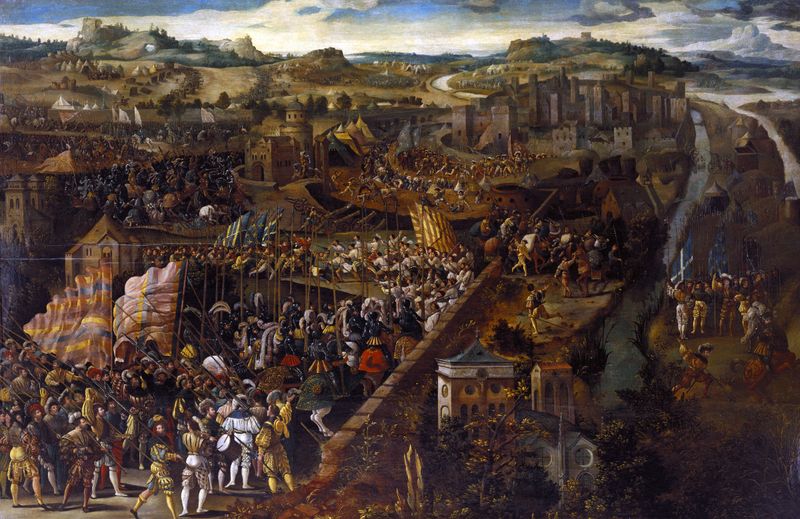History is a tapestry woven with tales of triumphs and tribulations, but within its threads lie moments of miscommunication that led to unexpected and often comical outcomes. These ten stories highlight how misunderstandings, often trivial, have sparked wars, caused chaos, or altered the course of history. From wars waged over a severed ear to entire nations succumbing to laughter, these episodes remind us of the profound impact of communication—or the lack thereof. Join us as we explore these remarkable and humorous tales, demonstrating that sometimes, the smallest missteps can lead to the grandest changes.
1. The War of Jenkins’ Ear (1739)
In 1739, British smuggler Robert Jenkins presented his severed ear to Parliament, claiming Spanish brutality. Outraged, lawmakers declared war on Spain. Ironically, Jenkins was caught smuggling, and Spain was merely enforcing its laws. This bizarre episode, known as the War of Jenkins’ Ear, highlights how a misunderstood act led to a conflict spanning years. It’s a tale of legal enforcement mistaken for aggression, resulting in battles and bloodshed. Sometimes, the smallest appendage can have the biggest impact.
2. The Emu War (1932)
In the battle of man versus bird, the emus emerged victorious. Faced with hordes of emus devastating crops, Australia dispatched soldiers equipped with machine guns in 1932. However, these flightless birds proved elusive, outsmarting the military at every turn. After weeks of failed attempts and mockery from the emus, the military conceded defeat. Known as the Emu War, this event is a humorous reminder of nature’s unpredictability and resilience. Australia’s loss to these feathered foes illustrates how underestimated challenges can lead to unexpected outcomes.
3. The Great Boston Molasses Flood (1919)
In Boston, 1919, a wave of sweetness turned deadly. A gigantic molasses tank ruptured, releasing a 15-foot-high wave that swept through the streets, claiming 21 lives and injuring 150. The company had disregarded warnings, labeling leaks as insignificant. This sticky catastrophe, known as the Great Boston Molasses Flood, left the city with a lingering sweet scent for decades. It serves as a cautionary tale of neglect and oversight, illustrating how ignoring minor issues can result in major disasters. Molasses, both delightful and deadly, left an indelible mark on history.
4. The Pig War (1859)
On the tranquil San Juan Islands, a pig nearly triggered war. In 1859, an American farmer killed a British pig found in his garden, sparking tensions between the U.S. and the UK. Both nations sent warships, resulting in a year-long standoff over this seemingly trivial incident. Ultimately, diplomacy prevailed, but this episode, known as the Pig War, showcases how minor disputes can escalate. It serves as a reminder of the importance of communication and understanding, even in the face of absurdity. A pig’s untimely demise almost led to conflict.
5. The Great Tea Race (1866)
The thrill of competition took to the high seas in 1866. The Great Tea Race saw clipper ships Ariel and Taeping racing to be the first to deliver tea to London. After 14,000 miles, they arrived minutes apart. However, confusion over docking rules meant Taeping unloaded first, snatching victory and a fortune from Ariel’s grasp. This race illustrates the chaos and excitement of maritime trade, where even the smallest missteps can have grand consequences. The Great Tea Race remains a testament to human ambition and the power of precise communication.
6. The “Dewey Defeats Truman” Headline (1948)
In a classic case of counting chickens before they hatch, the Chicago Tribune prematurely declared Thomas Dewey as the victor of the 1948 U.S. presidential election. When the final results rolled in, Harry Truman had won. The infamous “Dewey Defeats Truman” headline became a symbol of media miscalculation. Truman’s triumphant photo holding the erroneous paper is etched in history. This blunder serves as a reminder of the dangers of overconfidence and the importance of waiting for all facts before declaring victory. A lesson in patience and humility.
7. The Tanganyika Laughter Epidemic (1962)
Laughter can be contagious, but in 1962 Tanganyika, it became disruptive. It began in a Tanzanian school with a few students but quickly spread, gripping thousands in fits of hysterical laughter. Workplaces and schools shut down as the phenomenon swept through villages for months. Dubbed the Tanganyika Laughter Epidemic, this event confounded scientists, debating between mass hysteria or an elaborate prank. It underscores the mysterious nature of human psychology and how emotions can ripple through societies, sometimes with bewildering effects.
8. The Great Stork Derby (1920s)
A lawyer’s poorly phrased will triggered a baby boom in 1920s Toronto. Charles Vance Millar, a prankster lawyer, bequeathed his fortune to the woman birthing the most babies in ten years. This sparked a bizarre race, with four women tying with nine children each. Known as the Great Stork Derby, it led to a public spectacle and prompted stricter inheritance laws. This tale highlights the unintended consequences of ambiguity and the lengths people will go to for wealth. A lesson in the power of words and legal clarity.
9. The Battle of Karansebes (1788)
Confusion reigned in 1788 when Austrian soldiers, drunk and disoriented, mistook their own for enemies. Amidst the chaos, they fired upon each other, resulting in 10,000 casualties. The Ottoman army arrived days later to find the battlefield strewn with Austrian dead. The Battle of Karansebes is a stark reminder of the perils of miscommunication and the chaos it can unleash. This self-inflicted disaster exemplifies how quickly confusion can spiral out of control, leading to unintended and tragic consequences.
10. The “This Meeting Could Have Been an Email” War (1526)
In 1526, Hungarian King Louis II received two letters from the Ottomans—one for war, the other for peace. A mix-up led him to believe peace was at hand. With preparation abandoned, Louis celebrated, only to be unprepared for the forthcoming battle. This error cost him his life and altered history. Dubbed the “This Meeting Could Have Been an Email” War, this incident highlights the importance of clear communication and the dire consequences of misunderstanding. A lesson in vigilance and the critical role of accurate information.
